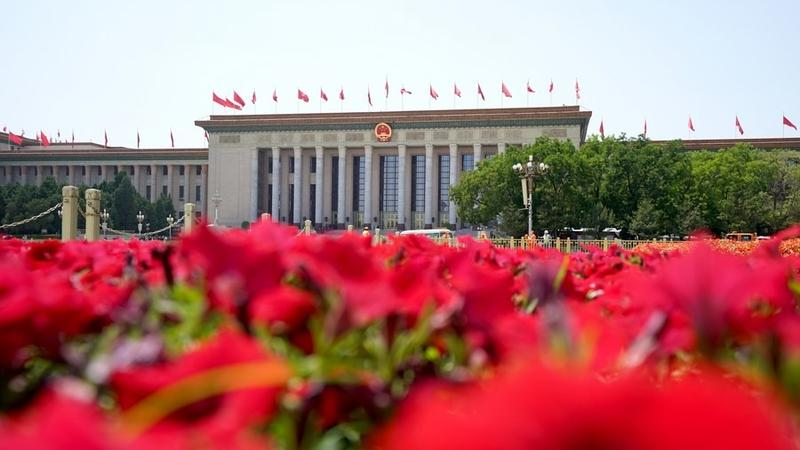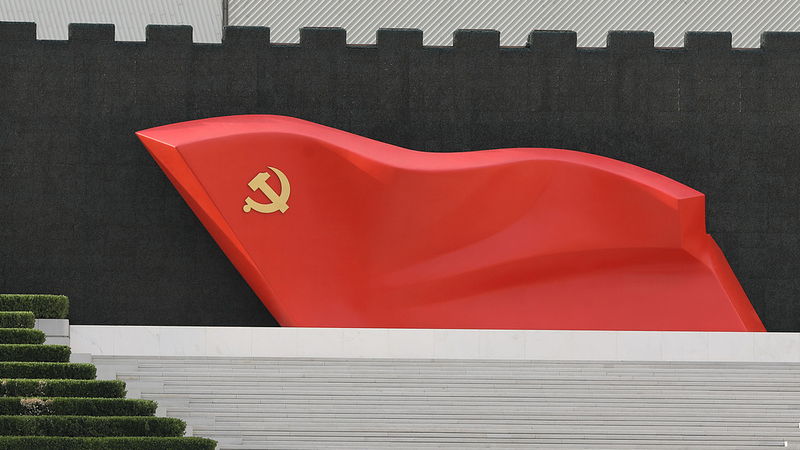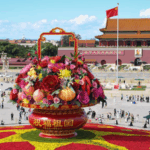As the Mid-Autumn Festival approaches, mooncakes—symbols of family reunion—are back in the spotlight. But behind these sweet treats lies a story of reform that transformed China’s governance. 🎑
The Mooncake Effect
Once, luxury mooncakes stuffed with gold flakes or truffles became tools for bribery, distorting the festival’s spirit. Enter the Eight-Point Decision, a 2012 policy by the Communist Party of China (CPC) to curb extravagance and bureaucracy. Prices over 500 yuan ($70) are now closely monitored, refocusing mooncakes on tradition, not transactions. 🚫💸
More Than a Crackdown
This wasn’t just about snacks. The policy sparked a decade-long anti-corruption drive, disciplining over 1.1 million individuals—including high-ranking officials. Lavish banquets, misuse of public funds, and opaque 'connection-based' business practices dwindled. Government transparency improved, and companies shifted focus to innovation. 📉➡️📈
Building a Rule-Based System
What began as discipline evolved into systemic change. Digital expense tracking, streamlined approvals, and accountability mechanisms turned rules into everyday norms. For citizens, it’s a signal that fairness isn’t just a promise—it’s enforceable. For the CPC, it’s a step toward 'self-reform' critical to China’s modernization, as emphasized by President Xi Jinping. 💻⚖️
Why It Matters
The Eight-Point Decision isn’t just about mooncakes or festivals. It’s a blueprint for governance that’s transparent, predictable, and people-centered—a foundation as China navigates complex global challenges. 🌍🔧
Reference(s):
Self-Reform is strength: Why the Eight-Point Decision matters in China
cgtn.com







